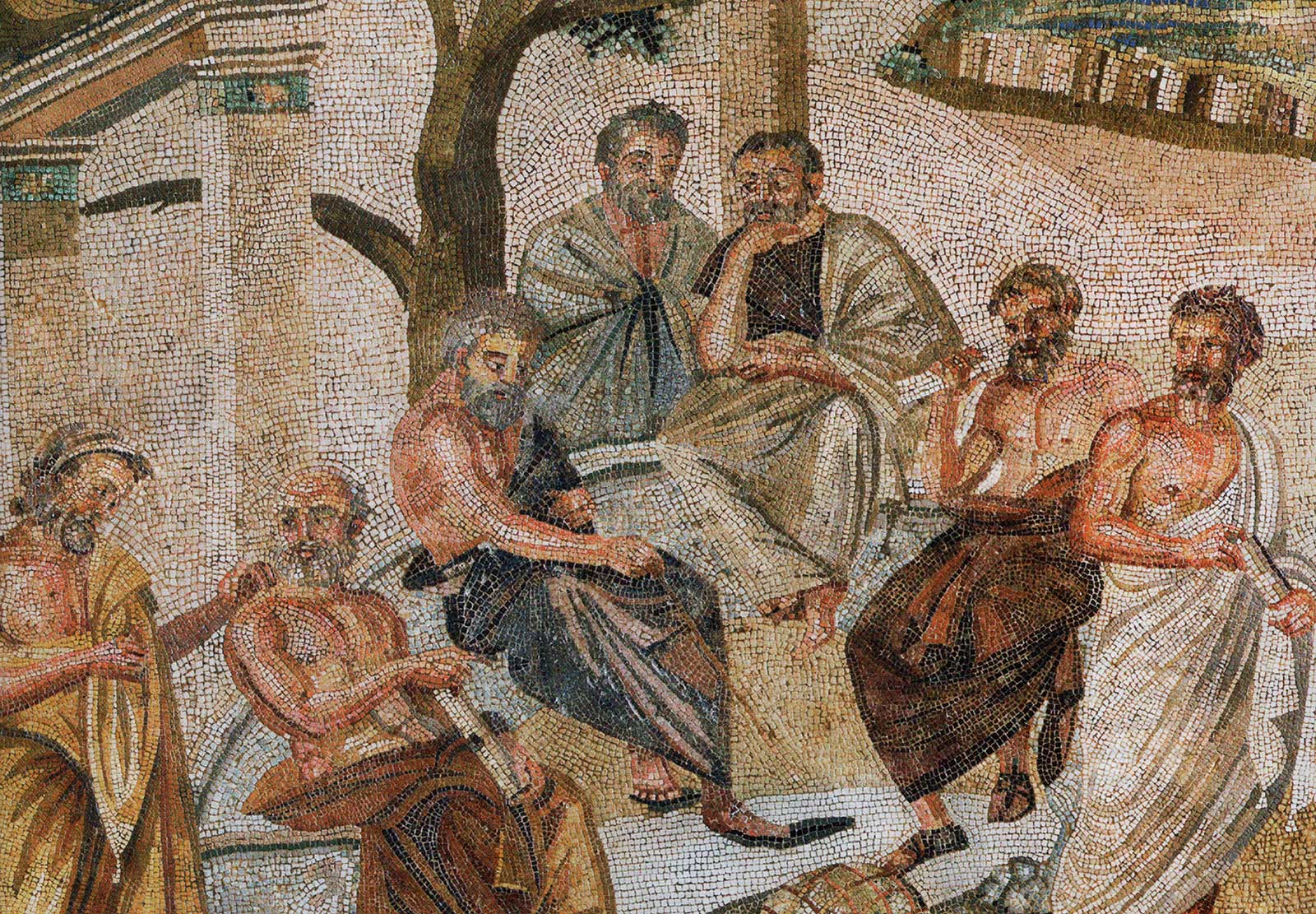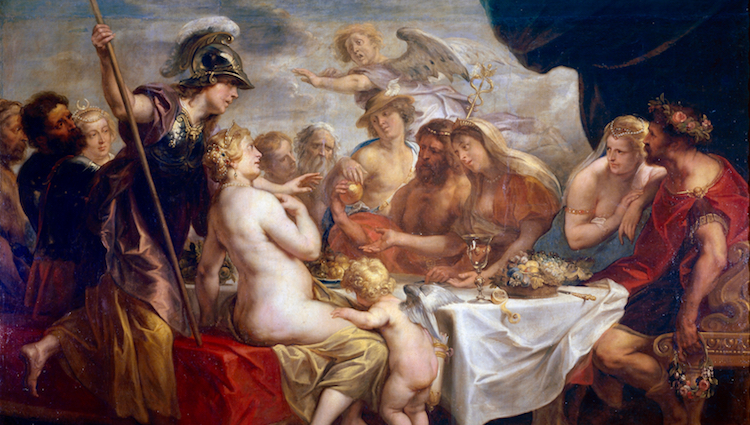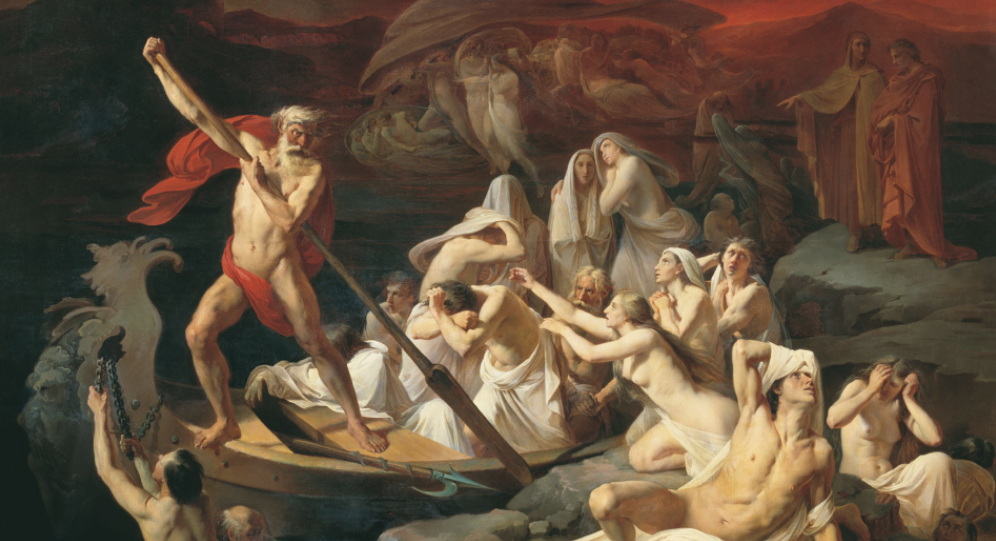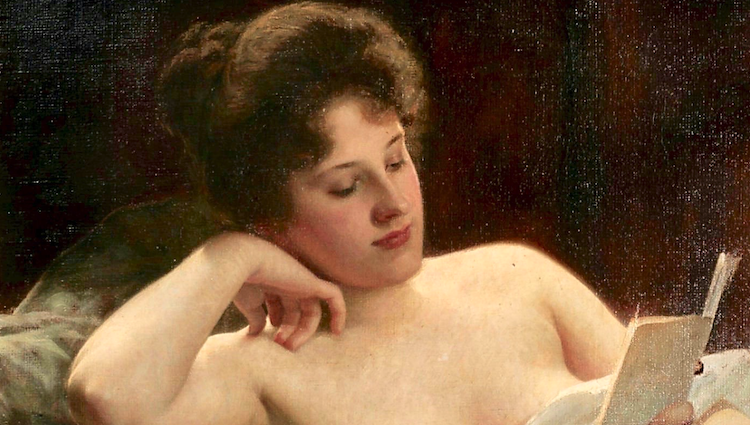Socrates on the Offspring of the Good
1. Socrates yields to Glaucon. He will speak, though not of the Good itself but rather of its “offspring,” which is most like it (506e). Socrates reminds Glaucon of the “oft-told” story of the one and the many (cf. 476). Those many good and beautiful things are seen but not known, while the thing [...]










